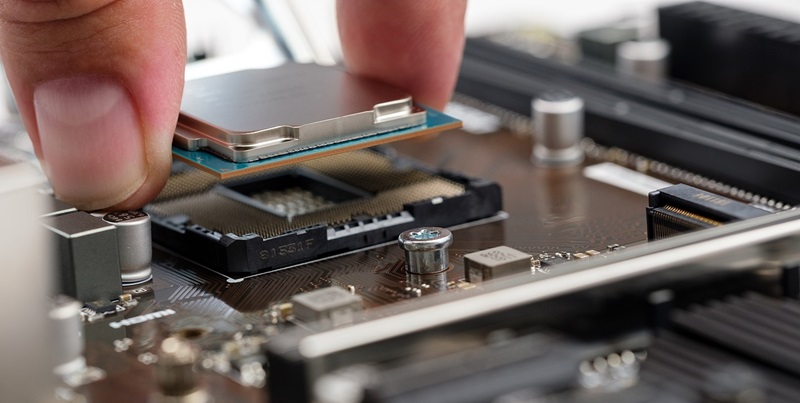As we approach 2025, the consumer PC industry is on the cusp of a revolutionary shift, with AI integration as its cornerstone. The future of personal computing is being reshaped by the advent of AI PCs, which boast Central Processing Units (CPUs) embedded with Neural Processing Units (NPUs) capable of advanced computations and intuitive learning. Leading the charge, industry powerhouses such as Intel and AMD are at the forefront, driving this technological evolution. These AI-enhanced machines promise to optimize routine operations, boost overall productivity, and deliver tailor-made experiences that were once beyond reach. This fusion of traditional computing with sophisticated AI is set to unlock a new realm of possibilities, transforming how we interact with our devices and revolutionizing the PC market in ways previously only imagined.
The Paradigm Shift to AI-Enhanced User Experiences
At the core of this paradigm shift is the increasing integration of specialized NPUs within traditional CPU architectures. These NPUs are engineered to handle AI-centric tasks with greater efficiency, enabling PCs to perform complex machine learning algorithms rapidly. The result is a seamless user experience that can adapt to individual preferences and behaviors, turning mundane interactions into intuitive engagements. Intel’s projection to market 100 million NPU-fortified CPUs by 2025 highlights a strategic pivot, aiming to capture 20% of the global market share by focusing on AI-driven enhancements.
Intel’s move to embed NPUs in its Core mobile CPUs and the anticipated desktop solutions, like the upcoming Arrow Lake, is a testament to the industry’s belief in the power of AI. These advancements are not merely about increasing raw computing power but also about elevating the overall user experience. Features such as on-the-fly content creation, real-time advising, and sophisticated personal assistance are only the beginning, with these applications continually evolving in sophistication and utility.
Challenges and Prospects of AI PC Adoption
The adoption of AI-infused PCs is not without challenges. Key among them is informing potential users about the significant enhancements AI can bring to computing. Older operating systems, like Windows 10, also impede widespread adoption since newer OS versions, such as Windows 11, are better designed to leverage AI capabilities. For universal uptake, software giants and manufacturers will need to work together to highlight the abilities of the new AI PCs. This isn’t just a standard hardware update; it’s a transformative computing approach. Enterprises are preparing to roll out AI-driven PCs, emphasizing their future significance in personal computing. Intel’s plans for quintuplying AI performance by 2025 are indicative of the industry’s march toward smarter, more adaptive, and user-centric computing experiences. AI PCs are not just an exciting development – they are the cornerstone of the next computing evolution.

